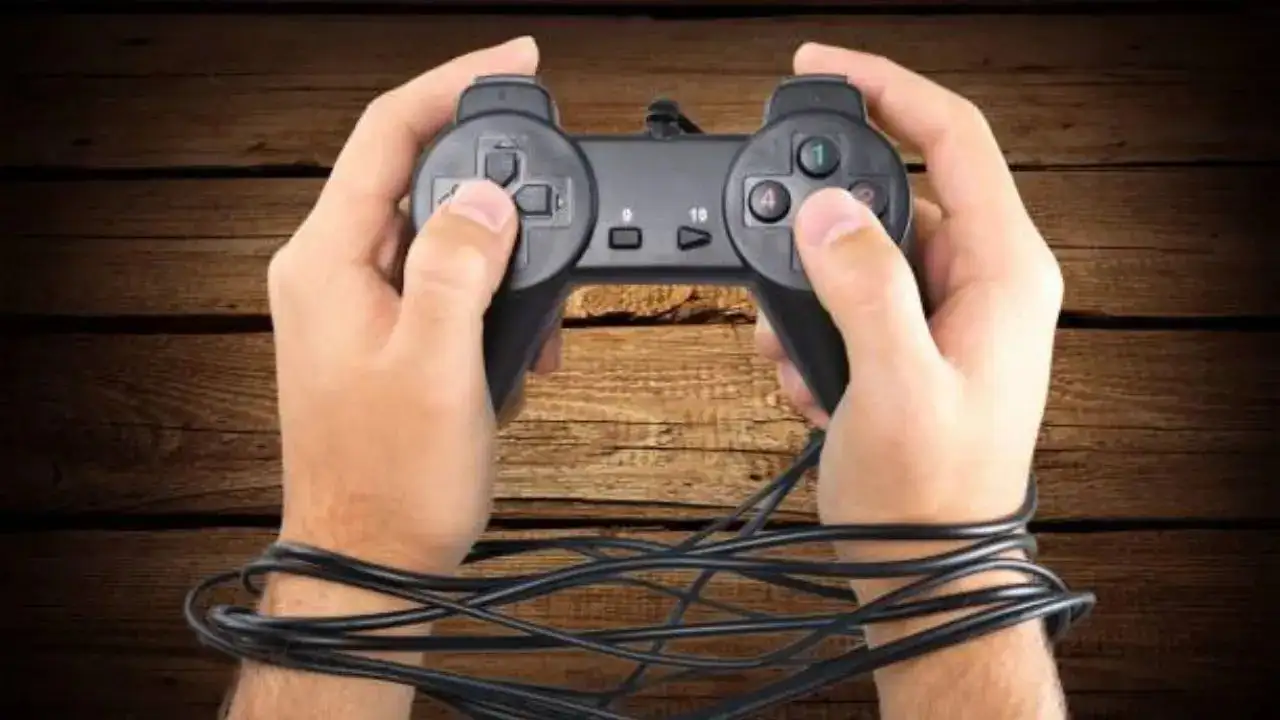
The parents of the boy, a resident of Tirunelveli got him admitted to the hospital as the boy’s fingers continued to manouver playing
A 16-year-old child from Tamil Nadu suffered extreme mental distress after his addiction to online games turned risky. The parents of the boy, a resident of Tirunelveli, got him admitted to the hospital as the boy’s fingers continued to manoeuvre while playing.
Doctors said the boy is suffering from issues like depression, anxiety, and stress. His parents said the boy was continuously playing PUBG and Freefire and had stopped socialising, talking to anyone or even eating meals.
What is video game addiction?
Also known as internet gaming disorder, this mental health condition is characterised by severely reduced control over gaming habits, which doctors say results in negative consequences in many aspects of your life – including self-care, relationships, school, and work. This condition can include gaming on the Internet or any electronic device, but most people who develop significant gaming issues mainly play on the Internet.
Whether internet and video gaming addiction should be classified as an addiction or mental illness is debated among researchers. Many experts say it is a behavioural addiction similar to gambling disorder – in which the rush of winning becomes one of the main reasons for playing.
Others think this comparison to gambling is flawed because there may not be financial or material losses involved with playing video games. In addition, winning a video game may require cognitive skills and sharp reflexes, while winning at gambling is mainly a matter of chance.
Signs and symptoms of video game addiction
A few signs and symptoms of video game addiction or the internet gaming disorder include:
- Poor performance at school, work, or household responsibilities which happen due to excessive video game playing
- Withdrawal symptoms which include sadness, anxiety, or irritability
- A need to spend more and more time playing video games to get the same level of enjoyment
-
Giving up other previously enjoyed activities or social relationships due to gaming
- Not being able to reduce playing time despite trying
- Lying to family and friends about the amount of time spent playing video games.
- A decline in personal hygiene or grooming
- Using video games as a way to escape stressful situations at work or school
- Using video games to relieve negative moods like guilt or hopelessness
What causes video game addiction?
While doctors are still trying to know the exact cause of video game addiction and the addictive qualities of the internet and video games, there are a few reasons that would be making it triggering.
According to experts, the process of playing and winning video games triggers the release of dopamine – a brain chemical neurotransmitter that plays a key role in several bodily functions, including pleasurable reward and motivation. Doctors say dopamine is also involved in gambling disorder and substance use disorder.
Recent neurological research shows similarities in the brains of people with video game addiction and substance use disorders.
Ways to manage and treat addiction
The main treatment option for video game addiction is talk – usually talk therapy – also known as psychotherapy. It is a term for a variety of treatment techniques that aim to help you identify and change troubling emotions, thoughts, and behaviours. It is also important to work with a mental health professional like a psychologist or psychiatrist who can provide support, education, and guidance to the affected person.
Specific types of psychotherapy that may benefit someone with video game addiction include:
- Cognitive behavioural therapy – is a structured and goal-orientated type of therapy that helps you get over obsessive thoughts and negative behaviours.
- Group therapy helps you be motivated and provides moral support
- Family or marriage counselling can educate loved ones about the disorder and create a more stable home environment.
